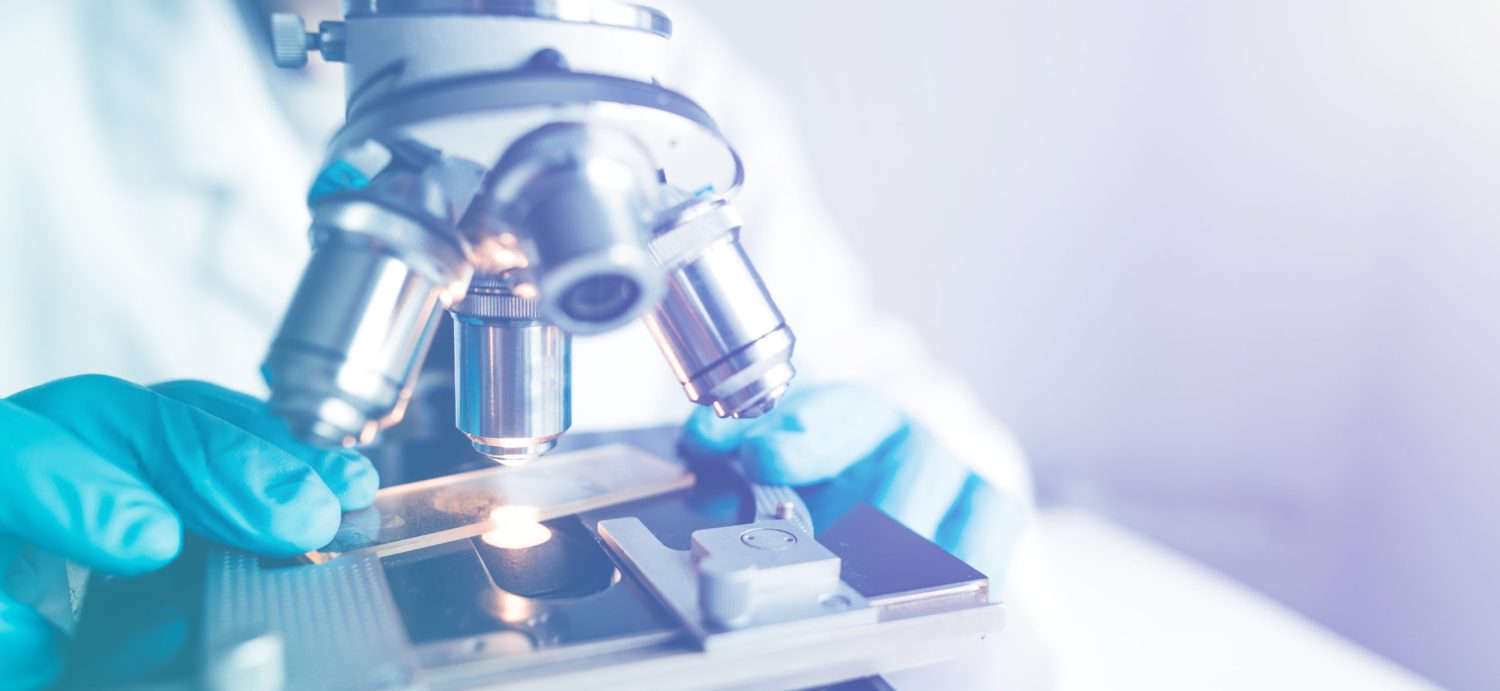A Nigerian researcher, Pelumi Oladipo, has made significant strides in revolutionising how bacteria are identified in medical laboratories, potentially changing the way healthcare is delivered throughout Africa, where prompt and precise diagnosis can be the difference between life and death.
The ground-breaking study shows how contemporary molecular and computational approaches can get around the drawbacks of conventional bacterial identification procedures, which have been employed in Nigerian hospitals and laboratories.
For years, medical laboratories across Nigeria have relied primarily on biochemical tests to identify disease-causing bacteria. These methods, while widely available, often require several days to produce results and sometimes fail to distinguish between bacteria that appear similar under conventional testing.
“Traditional methods often fail to distinguish microorganisms that share similar physical and biochemical traits,” Oladipo explained in her research findings. “This can delay proper treatment and potentially compromise patient outcomes.”
The new approach employs sophisticated DNA analysis techniques, including Polymerase Chain Reaction (PCR) and quantitative PCR (qPCR), which can identify bacteria by targeting their unique genetic fingerprints. These methods can produce results in hours rather than days.
One of the most promising tools in Oladipo’s research arsenal is MALDI-TOF MS (Matrix-Assisted Laser Desorption/Ionization Time-of-Flight Mass Spectrometry), a cutting-edge technology that identifies bacteria by analysing their protein profiles.
“This method offers quick and cost-effective results compared to lengthy culture tests,” the researcher noted. The technology, while currently expensive to implement, promises significant long-term savings through faster diagnosis and more targeted treatment.
The research findings have particular significance for Nigeria’s healthcare system, where delayed diagnosis of bacterial infections contributes to high mortality rates. Quick identification of bacteria is crucial for combating antibiotic resistance, a growing concern in Nigerian hospitals.
Pelumi Oladipo’s work aligns with international studies, including recent research published in the Journal of Antimicrobial Chemotherapy, which suggests these molecular methods are becoming the global standard for microbial diagnostics.
Nigeria, like many developing countries, faces a serious challenge with antibiotic resistance. The ability to quickly and accurately identify bacterial strains helps doctors prescribe the most effective antibiotics, reducing the misuse of these critical medicines.
“Combining molecular approaches with computational analysis allows researchers to differentiate even closely related bacterial strains, monitor emerging infections, and better understand antibiotic resistance patterns,” Oladipo’s research reveals.
While the technology represents a major advancement, implementing these molecular techniques across Nigeria’s healthcare system will require significant investment in equipment and training. However, the potential benefits including reduced hospital stays, better patient outcomes, and more effective use of antibiotics which makes a compelling case for adoption.
ALSO READ FROM NIGERIAN TRIBUNE: Senate approves Tinubu’s $21.8bn external borrowing plan for 2025-2026
The research demonstrates that Nigerian scientists are at the forefront of global efforts to improve medical diagnostics, contributing solutions that could benefit not just Nigeria but healthcare systems across the developing world.
According to Oladipo: “Integrating molecular and computational methods offers a powerful solution to the longstanding challenge of bacterial identification. This not only supports better clinical decisions but also strengthens our response to public health threats.”
The findings represent a significant step forward in Nigeria’s quest to improve healthcare delivery and establish itself as a leader in medical research on the African continent.
WATCH TOP VIDEOS FROM NIGERIAN TRIBUNE TV
- Let’s Talk About SELF-AWARENESS
- Is Your Confidence Mistaken for Pride? Let’s talk about it
- Is Etiquette About Perfection…Or Just Not Being Rude?
- Top Psychologist Reveal 3 Signs You’re Struggling With Imposter Syndrome
- Do You Pick Up Work-Related Calls at Midnight or Never? Let’s Talk About Boundaries







